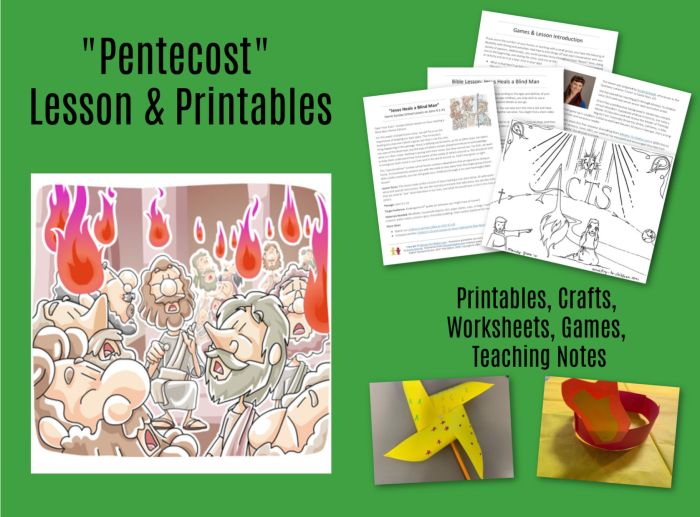The pedagogical approaches used in Pentecostal bible schools vary depending on the specific school and its theological orientation. However, common approaches include:
Biblical Studies
- Exegetical study of the Bible
- Hermeneutics
- Biblical languages (e.g., Greek, Hebrew)
- Biblical history and theology
Pentecostal Theology
- History of Pentecostalism
- Pentecostal doctrines (e.g., baptism in the Holy Spirit, divine healing)
- Contemporary issues in Pentecostalism
- Pentecostal spirituality
Practical Ministry Skills
- Preaching
- Teaching
- Pastoral care
- Missions
- Worship leading
One of the unique challenges in teaching Pentecostalism in an academic setting is the tension between the experiential and the academic. Pentecostalism is a highly experiential religion, and many Pentecostal students expect their education to be similarly experiential. However, academic institutions typically prioritize critical thinking and rational analysis, which can sometimes be at odds with the experiential nature of Pentecostalism.
Pentecostal bible schools have the opportunity to bridge this gap by providing students with a rigorous academic education that is also grounded in the experiential dimensions of Pentecostalism. This can be done through the use of experiential learning activities, such as internships, field placements, and worship services, which allow students to apply their learning in real-world settings.





